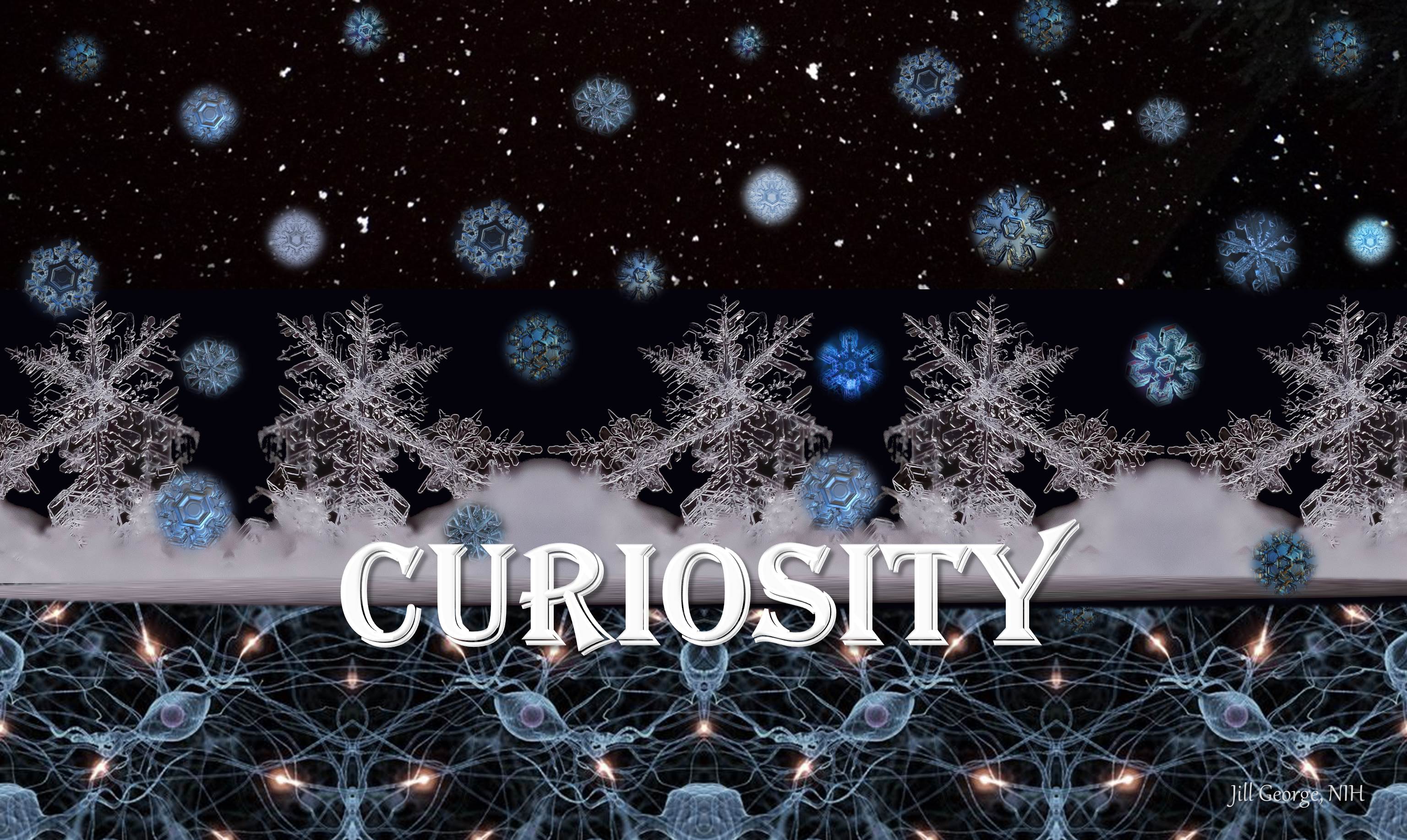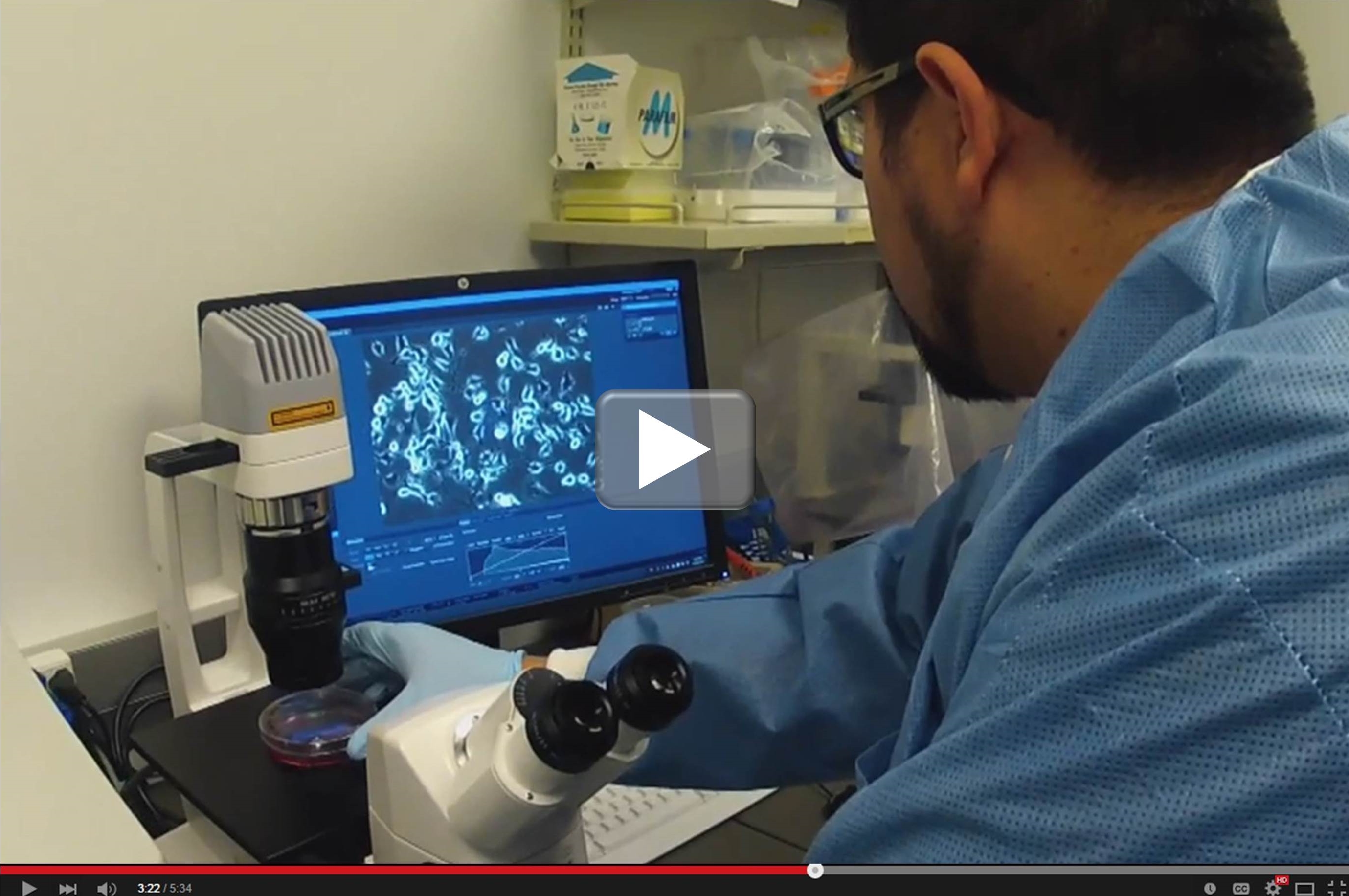curiosity
LabTV: Curious about the Aging Brain
Posted on by Dr. Francis Collins
This LabTV video takes us to the West Coast to meet Saul Villeda, a creative young researcher who’s exploring ways to reduce the effects of aging on the human brain. Thanks to a 2012 NIH Director’s Early Independence award, Villeda set up his own lab at the University of California, San Francisco to study how age-related immune changes may affect the ability of brain cells to regenerate. By figuring out exactly what’s going on, Villeda and his team hope to devise ways to counteract such changes, possibly preventing or even reversing the cognitive declines that all too often come with age.
Villeda is the first person in his family to become a scientist. His parents immigrated to the United States from Guatemala, settled into a working-class neighborhood in Pasadena, CA, and enrolled their kids in public schools. While he was growing up, Villeda says he’d never even heard of a Ph.D. and thought all doctors were M.D.’s who wore stethoscopes. But he did have a keen mind and a strong sense of curiosity—gifts that helped him become the valedictorian of his high school class and find his calling in science. Villeda went on to earn an undergraduate degree in physiological science from the University of California, Los Angeles and a Ph.D. in neurosciences from Stanford University Medical School, Palo Alto, CA, as well as to publish his research findings in several influential scientific journals.
Neuroscience: The Power of Curiosity to Inspire Learning
Posted on by Dr. Francis Collins
 When our curiosity is piqued, learning can be a snap and recalling the new information comes effortlessly. But when it comes to things we don’t care about—the recipe to that “delicious” holiday fruitcake or, if we’re not really into football, the results of this year’s San Diego County Credit Union Poinsettia Bowl—the new information rarely sticks.
When our curiosity is piqued, learning can be a snap and recalling the new information comes effortlessly. But when it comes to things we don’t care about—the recipe to that “delicious” holiday fruitcake or, if we’re not really into football, the results of this year’s San Diego County Credit Union Poinsettia Bowl—the new information rarely sticks.
To probe why this might be so, neuroscientists Charan Ranganath and Matthias Gruber, and psychologist Bernard Gelman, all at the University of California at Davis, devised a multi-step experiment to explore which regions of the brain are activated when we are curious, and how curiosity enhances our ability to learn and remember.

